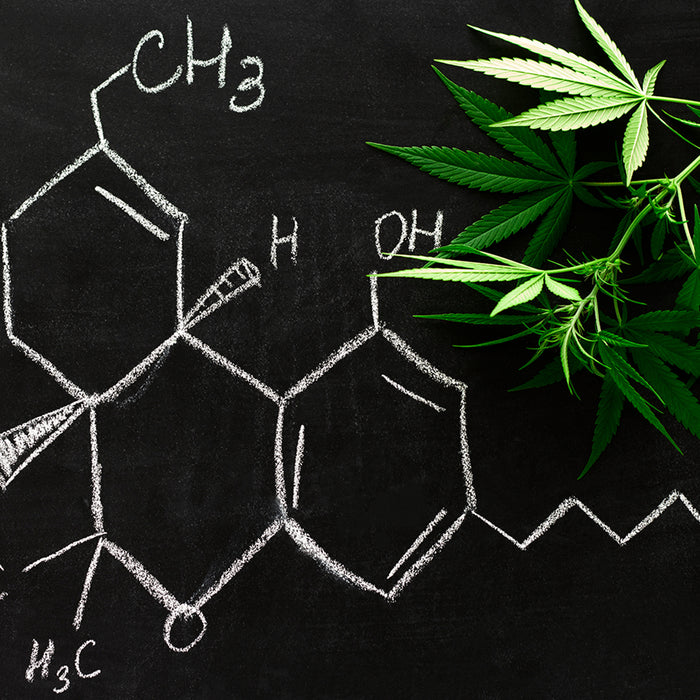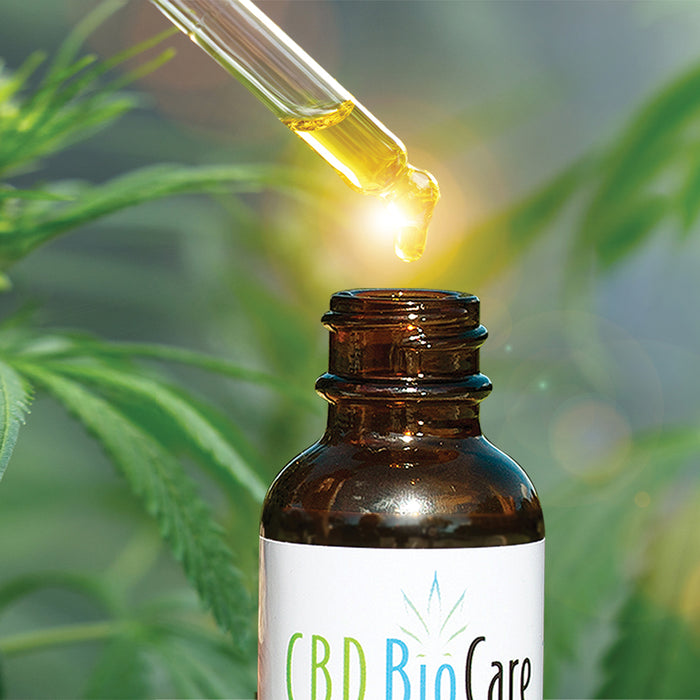Understanding Hemp
There are two different types of hemp. One we use for industry and one we use for medicine. Let us explain the difference. Please read below or watch this video.
Industrial Hemp
Industrial hemp has been used for decades for things like rope, canvas, paper and so much more. This is where hemp seeds and therefore hemp seed oil comes from. This plant grows up to 20 feet tall. It is not medicine. Its seeds are considered a “super food” because it contains omega fatty acids and other valuable nutrients. This oil makes a great carrier oil and helps our bodies absorb these beneficial cannabinoids. Therefore, we use hemp seed oil as our carrier oil in our CBD BioCare Products.

Here's Where It Gets Confusing
True industrial hemp is genetically inferior to medicinal hemp, yet it is defined the same way by the regulatory agencies. Many brands, companies and even legal counsel who still believe that hemp-derived CBD must come from overseas to be “fully legal” are not taking into consideration the 2018 US Farm Bill section 7606. As a consumer, understanding the difference is crucial before buying. Otherwise you may not be satisfied with the results or lack thereof.
Cannabis Oil
There are many different oils on the market. Some appear as an option when searching for CBD but don’t indicate any CBD or other cannabinoids when you check out the bottle. It is certainly confusing to say the least. We want to help you know how to make a good buying decision, so below is a brief summary.
Hemp Oil
Hemp oil can be any oil derived from hemp. But hemp can be medicinal or industrial. This includes hemp seed oil, full spectrum CBD oil, broad spectrum CBD oil and CBD isolate. You must read the label. Some hemp oil includes oil extracted from the whole plant or just the stalk of the plant. It can also mean hemp seed oil which is pressed from the Cannabis Sativa seeds and does not contain any active cannabinoids which includes CBD. There may be trace amounts from plant residue, but CBD is not a product of the seeds. Be aware, there are companies claiming CBD is in their hemp seed oil, which cannot be true if it is derived only from the seeds.- Hemp seed oil comes from the seeds of an industrial hemp plant.
- Broad Spectrum oil often the term referred to oil with no THC.
- Full Spectrum oil can have up to .3% THC.
- CBD Isolate is CBD only.
Full Spectrum CBD Hemp Oil
This is hemp oil that contains all cannabinoids including THC. In most states the THC content can not legally exceed up to .3% THC. When you have all cannabinoids present, this creates what is called the entourage effect.
Broad Spectrum
At CBD BioCare we remove THC, at times trace amounts can be present. Legal CBD oil can only have up to .3%. The trace amount is certainly not enough to get you high and not enough to worry about drug testing.
CBD Isolate
This is CBD isolated from the plant and is converted into a powder like substance. This isolate is then added to a carrier oil. This product can often be identified because the seller will state it is 99% pure. CBD alone is a great product, as an anti-inflammatory and antioxidant.
Cannabis & Marijuana Oil
If the oil is just labeled as cannabis oil it may have THC, making it illegal in most states. It will also contain CBD and other cannabinoids.



